The Republican National Convention kicks off in Milwaukee 34 days from now and, it’s fair to say, it doesn’t much matter.
There should be no drama about the nomination, with all but one of Donald Trump’s intra-party rivals having acquiesced, with degrees of enthusiasm ranging from ecstasy to begrudgement.
Some of the ecstatics, like North Dakota Gov. Doug Burgum, are in the hunt to be Trump’s running mate, the identity of whom will be the only major point of interest around the convention.
For decades, the major parties have worked hard to drain their conventions of drama, recasting what had been raucous affairs into slickly produced, four-day infomercials for their campaigns. When COVID came along, it made the job that much easier. The Republicans, who didn’t even bother writing a policy platform, opted to abuse the advantages of incumbency by turning public buildings and historic sites into campaign venues. Democrats, meanwhile, turned an event hall in Milwaukee into a sound stage for their show, the QVC DNC.
Democrats liked the no-contact option for nominations so much that they’re doing it again this time. Citing a since-withdrawn threat from Ohio Republicans to keep Biden off the Buckeye State ballot because the convention fell after Ohio’s deadline for nomination certification, Democrats announced they would do another Zoom call nomination before the convention. Tellingly, the party did not change plans after the threat was lifted.
Given the intensity of the anti-Biden protests from anti-Israel groups, including some Democratic superdelegates, event organizers are no doubt glad to have one less thing— indeed, the most important thing—to worry about. Plus, for those of you still wondering whether Democrats might be looking for a nominee switcheroo, this highly irregular departure from normal procedure could open up yet new vistas for speculation.
It wouldn’t be that the scripted, carefully selected virtual delegates would stun the world with a different pick than Biden, but that any tweaks to the rules could create new space on the calendar and in procedures for picking an alternate nominee. Interesting, but not likely. As with most of this presidential election, the nominations will almost certainly slog forward with the same kind of relentless certainty of a Marvel script or a colonoscopy.
Even so, when Democrats gather in Chicago 69 days hence, there will be great interest, but not about anything happening inside McCormick Place or the United Center. The show will be in the streets, where both sides are preparing for the mother of all anti-Israel protests. The Secret Service will be better at this than the Chicago Police goon squad that brawled with Yippies in 1968, but the incentive for the pro-Palestinian contingent to make matters as awful as possible will be very great indeed.
For the Democrats, the story will be about what happens outside the convention. For the Republicans, it will be about what happens before the convention, namely Trump’s selection of a running mate.
The pundit class will tell you that “nobody votes for vice president,” which is, in a narrow sense, true. But running mate picks are most certainly consequential. The traditional role for a vice presidential nominee is to unite the party, in theory freeing the candidate at the top of the ticket to reach out to persuadable independents.
Sometimes—see Palin, Sarah—the move works internally but, rather than freeing the presidential nominee to reach out, actually does substantial damage with voters in the middle. Other times, the choice is palatable to the general electorate but disappoints the party faithful, like Sen. Tim Kaine with already underwhelmed Democrats in 2016.
Trump has a great opportunity in this way, since what would work to unite his party is exactly the same energy that would help Trump allay the concerns of skeptical moderates. If he picks a traditional conservative in the mold of, if not the person of, Nikki Haley, Trump will be telling Reaganite Republicans that he still cares and letting the persuadables know that there will be an adult in the room.
It worked with Mike Pence in 2016, but given Pence’s searing indictment of Trump’s misconduct in trying to steal a second term, finding a citizen quite that solid to be Trump’s wingman again may be harder. Sen. Tim Scott, Haley’s home state senator and a longtime favorite of traditional conservatives, seems like the most Pencian choice, but Trump may be leery of anyone prone to sudden attacks of conscience. Trump may prefer an attack dog or a member of the same populist wing as himself. Or, given Trump’s penchant for plot twists, it could be someone not currently auditioning for the job.
The first of two scheduled debates between the presidential candidates takes place in 16 days, with the second one set for 75 days after that, on September 10. In between will be the two pseudo-conventions, one criminal sentencing, and an unknown number of gaffes, attacks, pivots, and walkbacks.
That’s the shape of the summer of 2024, and maybe the longest three months in American political history.
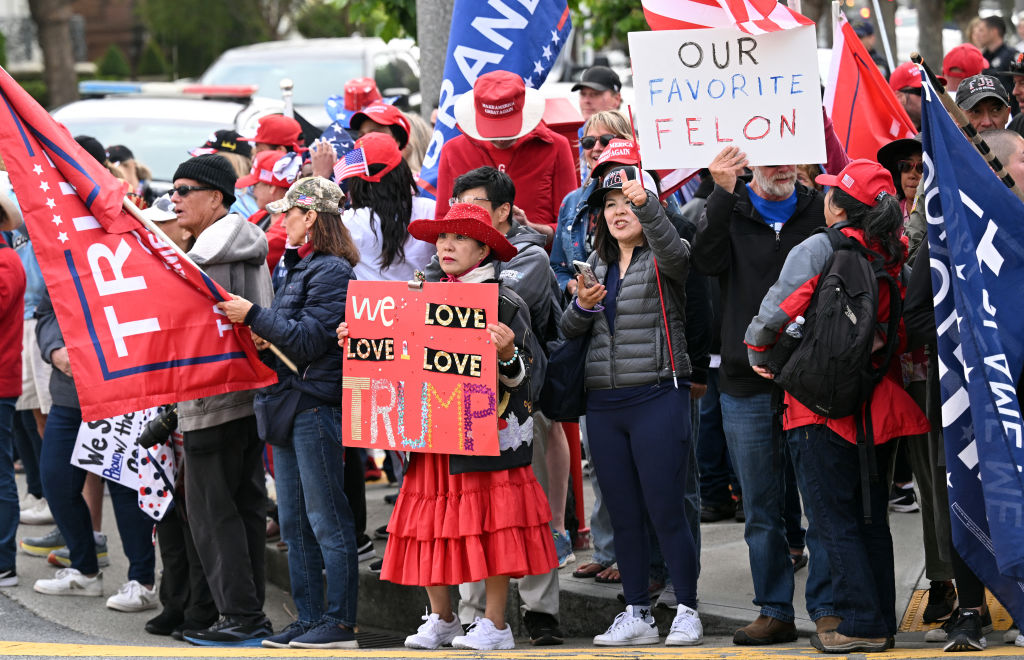


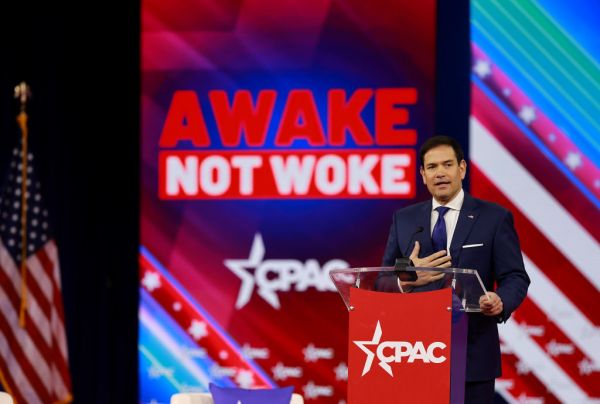
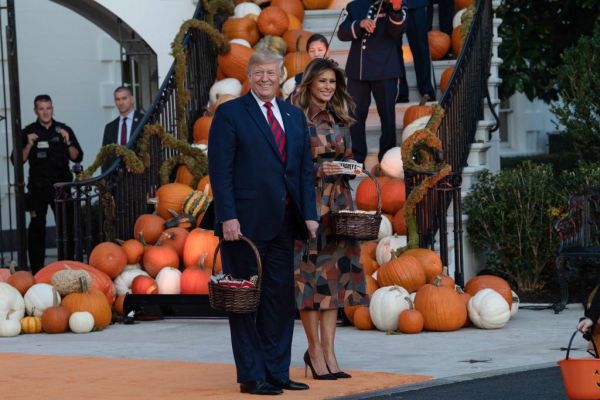
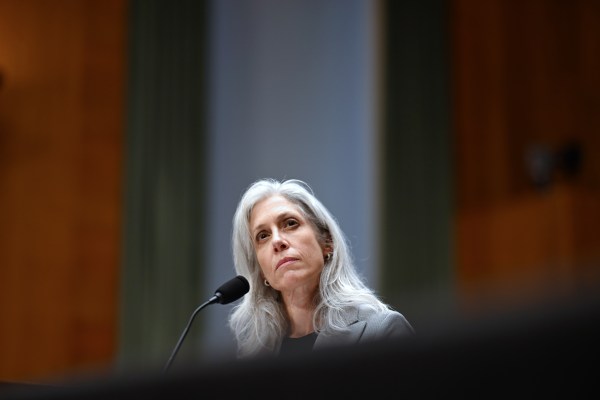
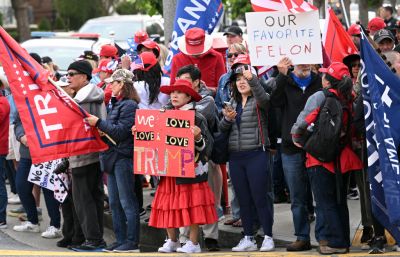
Please note that we at The Dispatch hold ourselves, our work, and our commenters to a higher standard than other places on the internet. We welcome comments that foster genuine debate or discussion—including comments critical of us or our work—but responses that include ad hominem attacks on fellow Dispatch members or are intended to stoke fear and anger may be moderated.
With your membership, you only have the ability to comment on The Morning Dispatch articles. Consider upgrading to join the conversation everywhere.